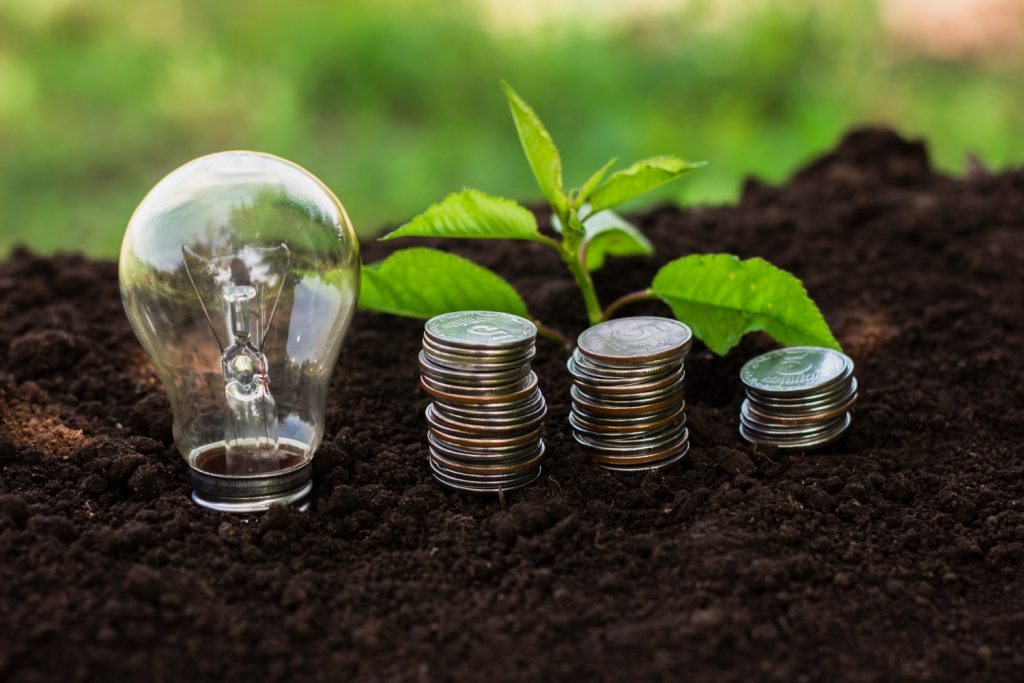In the wake of escalating environmental challenges and the pressing urgency to address climate change, the concept of a green economy has emerged as a beacon of hope and necessity. Defined by its commitment to sustainable development, the green economy embodies a holistic approach that integrates environmental conservation, social equity, and economic prosperity. At its core, the importance of green economy lies in its potential to revolutionize the way we interact with our planet, paving the way for a more resilient and equitable future.
Table of Contents
Renewable Energy
The shift towards renewable energy sources such as solar, wind, and hydroelectric power is one of the cornerstones of the green economy. As governments and businesses around the world commit to reducing their carbon footprint, the demand for professionals in the renewable energy sector continues to grow. Careers in this field include:
- Solar Energy Technician: Install, maintain, and repair solar panels and associated equipment.
- Wind Turbine Technician: Install, inspect, and repair wind turbines to generate clean electricity.
- Renewable Energy Engineer: Design, develop, and optimize renewable energy systems and technologies.
- Energy Analyst: Assess energy usage patterns and recommend strategies for increasing efficiency and incorporating renewable energy sources
These roles typically require a background in engineering, physics, or a related field, along with specialized training in renewable energy technologies.
Environmental Conservation
Preserving and protecting the planet’s natural resources is essential for maintaining ecological balance and biodiversity. Careers in environmental conservation focus on activities such as habitat restoration, wildlife management, and sustainable land use. Some potential career paths include:
- Conservation Scientist: Conduct research to develop strategies for protecting natural ecosystems and wildlife habitats.
- Environmental Planner: Assess the environmental impact of proposed development projects and develop plans to minimize negative effects.
- Park Ranger: Monitor and manage public lands, ensuring compliance with conservation regulations and educating visitors about environmental stewardship.
- Environmental Educator: Teach students and the public about environmental issues, conservation practices, and sustainable living.
These roles often require a degree in environmental science, biology, ecology, or a related field, as well as strong analytical and communication skills.
Sustainable Agriculture
With the global population expected to reach 9 billion by 2050, sustainable agriculture is crucial for ensuring food security while minimizing environmental impact. Careers in sustainable agriculture focus on practices that promote soil health, conserve water, and reduce reliance on synthetic inputs. Some possible career paths include:
- Organic Farmer: Grow fruits, vegetables, and other crops using organic farming methods that prioritize soil health and biodiversity.
- Agricultural Extension Officer: Provide farmers with information and resources to help them adopt sustainable farming practices and improve productivity.
- Food Systems Analyst: Analyze the environmental and social impacts of different food production and distribution systems, and develop strategies for promoting sustainability.
- Agroecologist: Study the interactions between agricultural ecosystems and the environment, and develop sustainable farming practices based on ecological principles.
These roles often require a background in agriculture, agronomy, soil science, or environmental science, along with practical experience in farming or related fields.
Green Building and Sustainable Design
The construction and real estate sectors have a significant impact on the environment, accounting for a large share of global energy consumption and greenhouse gas emissions. Green building and sustainable design strive to reduce environmental impact through energy-efficient technologies and eco-friendly construction methods, underscoring the importance of green economy. Careers in this field include:
- Sustainable Architect: Design buildings and structures that prioritize energy efficiency, indoor air quality, and resource conservation.
- Building Energy Auditor: Assess the energy performance of existing buildings and recommend improvements to reduce energy consumption and carbon emissions.
- Green Building Consultant: Advise clients on sustainable design strategies, green building certifications, and environmental regulations.
- Urban Planner: Design cities and communities that promote sustainable transportation, energy use, and land use patterns.
Incorporating the importance of the green economy, such positions generally demand a background in architecture, engineering, urban planning, or a related field, coupled with expertise in green building principles and methodologies.
Clean Transportation
The transportation sector is a major contributor to air pollution and greenhouse gas emissions, making the transition to clean, low-carbon transportation systems essential for combating climate change. Careers in clean transportation focus on developing and implementing technologies and policies that reduce emissions and promote sustainable mobility. Some potential career paths include:
- Electric Vehicle Engineer: Design and develop electric vehicles and charging infrastructure to support the transition away from fossil fuels.
- Transportation Planner: Develop and implement transportation policies and infrastructure projects that prioritize walking, cycling, and public transit.
- Sustainable Mobility Consultant: Advise governments and businesses on strategies for promoting sustainable transportation options and reducing reliance on private cars.
- Alternative Fuel Specialist: Research and develop alternative fuels such as biofuels, hydrogen, and compressed natural gas for use in vehicles.
These roles often require a background in engineering, transportation planning, environmental science, or a related field, as well as a strong understanding of transportation systems and sustainability principles.
Conclusion
As the world grapples with the urgent need to address environmental challenges, the green economy offers a wealth of opportunities for individuals looking to make a positive impact on the planet. Whether you’re passionate about renewable energy, environmental conservation, sustainable agriculture, green building, or clean transportation, there are countless career paths to explore within the growing field of sustainability. By pursuing a career in the green economy, you can not only contribute to building a more sustainable future but also enjoy a rewarding and fulfilling career that aligns with your values and passions. With dedication, education, and a commitment to making a difference, you can play a vital role in shaping a more sustainable world for future generation
Andrej Fedek is the creator and the one-person owner of two blogs: InterCool Studio and CareersMomentum. As an experienced marketer, he is driven by turning leads into customers with White Hat SEO techniques. Besides being a boss, he is a real team player with a great sense of equality.
